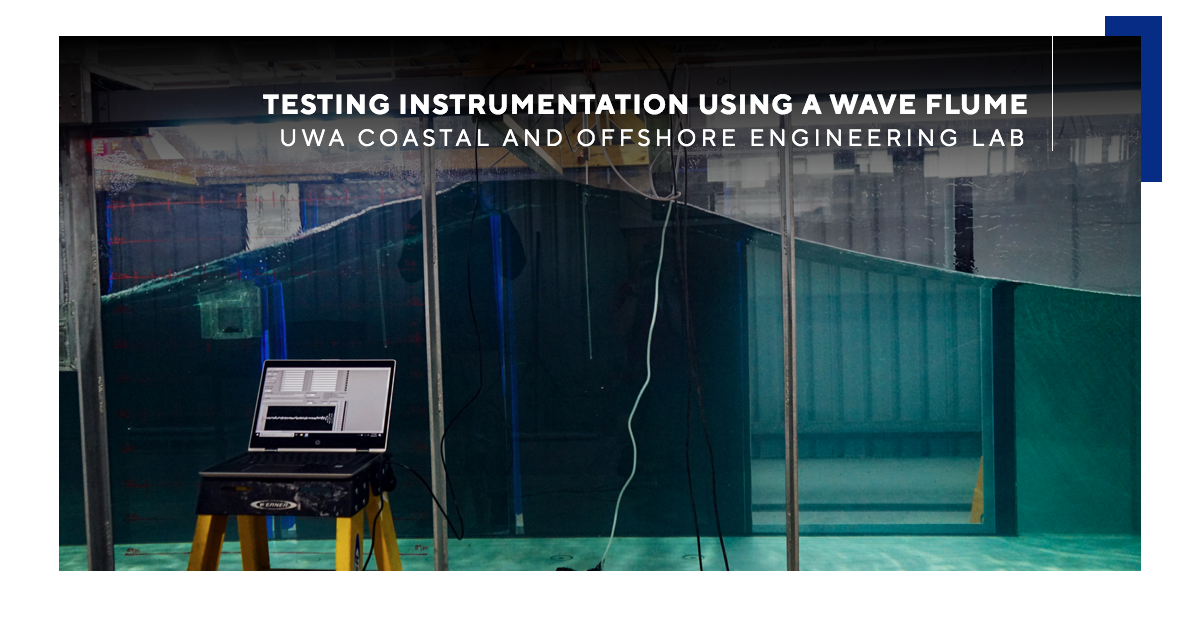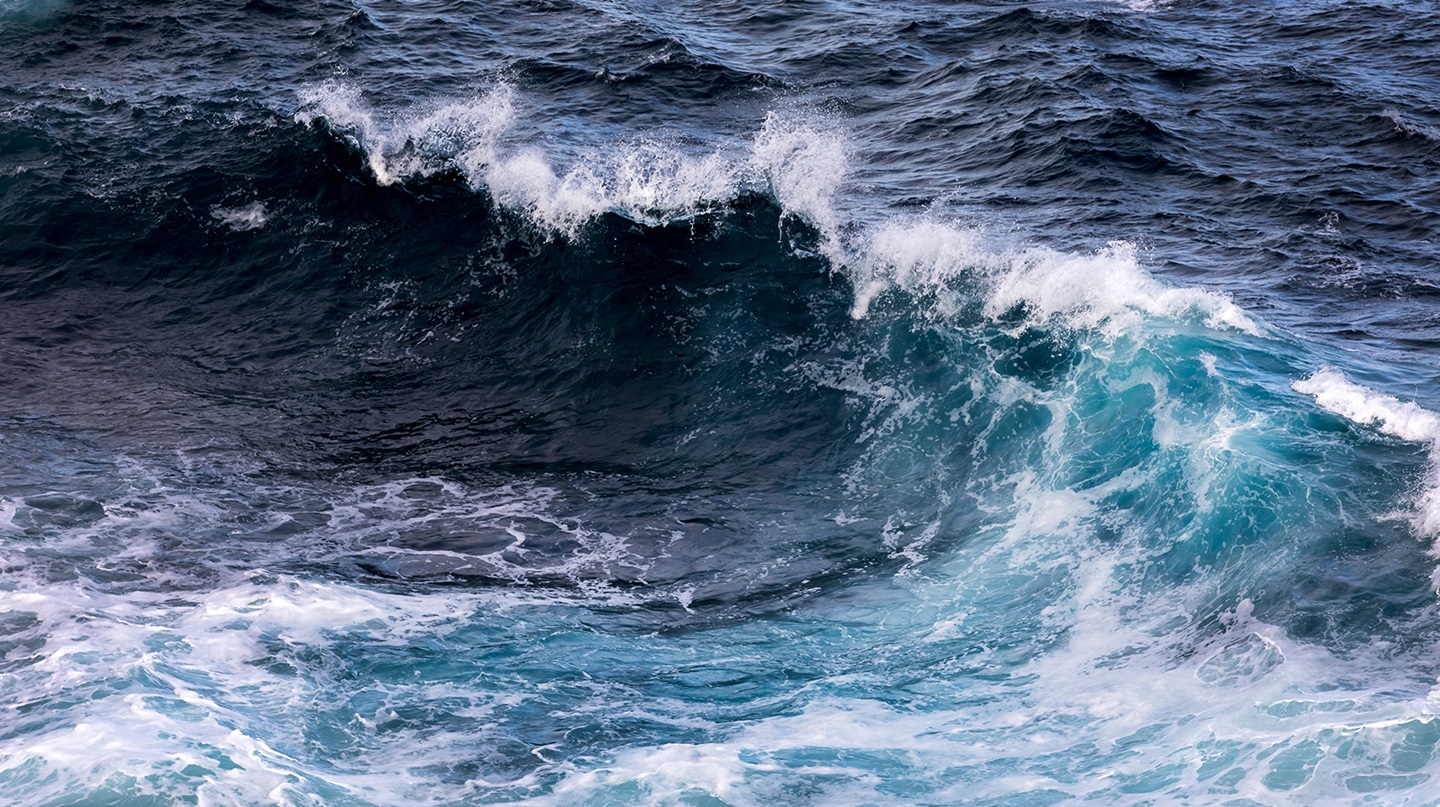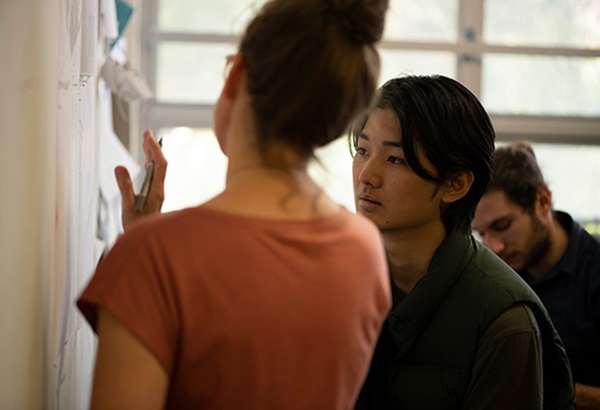Did you know that our oceans hold 97% of the earth’s water? Or that they also regulate the climate, absorb carbon dioxide, and support the greatest abundance of life on the planet?
For Master of Oceanography student Chao Tang, discovering more about the ocean is one of his biggest passions, and stands as the core driver behind his academic studies, love for underwater diving, and future career goals. We sat down with Chao to learn more about his UWA student experience and the recently launched Master of Oceanography course.

Why did you choose to study at UWA?
Not many people know this, but UWA is the only university in Australia that offers a specialised master’s degree in Oceanography. This means that all core units within the course are Oceanography based. There is also a specialised Oceans Institute that brings together all marine researchers across UWA. This is why I’ve chosen to pursue my postgraduate studies here; I like the idea of being able to learn about a wide range of areas in oceanography with real hands-on opportunities to put this into practice when out in the field.
What do you enjoy about the student life at UWA?
The social community at UWA is great, especially the university clubs. I am a member of the UWA Underwater Club, which is a scuba diving club with its own boat. I often go on one-day diving trips to Rottnest Island and multi-day trips to Albany. There are other multi-day trips to Dunsborough, Exmouth and the Abrolhos Islands as well. I would recommend joining this club if you enjoy diving and are looking for a more affordable way to dive regularly.
Why did you decide to study the Master of Oceanography?
I have always been passionate about the ocean, especially the elements of nature and the physical processes involved. Academically, I am particularly drawn to physics and therefore, oceanography as a discipline was the ideal combination to join both my passion and my academic interest.
What is something people might not know about your profession?
Many people hear “oceanography” and think that Oceanographers spend most of their time on ships and boats collecting data from the sea. What they don’t know is that nowadays, a lot of data can be collected from the sky (e.g., aeroplanes, drones) or even from space (e.g., satellites). Our work is also not limited to just open seas, many oceanographic processes are also present and relevant to coastal areas, rivers and even lakes. A good example is Perth’s very own Swan River estuary which is a great testing ground for prototypes of ocean engineering applications.

What are you most enjoying about your course?
I enjoy progressing through the many study topics, discovering real-world applications for the theory and seeing how these study topics showcase the connection between natural science and engineering. So far, the highlight topics for me are marine geoscience, physical oceanography, and ocean engineering.
Can you tell us about any inter-professional collaboration experiences you have had whilst studying this course?
Many units in this course feature guest lectures from industry professionals. We get to learn about real time projects, challenges and upcoming news direct from the industry. The best part is we can also network for future career opportunities whilst seeking for expert advice and knowledge in our research fields. For example, my research project explores solutions for beach erosion along Perth’s coast. I am doing this by studying the use of novel artificial-reef modules designed by a local engineering company.

What do you want to do after you graduate?
I am planning to join the industry and pursue a career as an Environmental Analyst or an Engineering Consultant. I also have long term plans to complete a PhD in this field.
What advice would you give someone who is considering postgraduate study in Oceanography?
Oceanography studies focuses on the earth sciences side of ocean sciences, which also includes other fields such as marine biology. You will enjoy this course if you are interested in learning about oceanographic processes in this study area. I also recommend polishing your programming and geographic information system (GIS) skills during your undergrad, as these will be important for your postgrad studies and highly desired by industry employers.
Are you feeling inspired by Chao’s experience in Oceanography?
Follow your passion for the ocean and find out more about the Master of Oceanography, or check out some of our other award-winning postgraduate courses.







